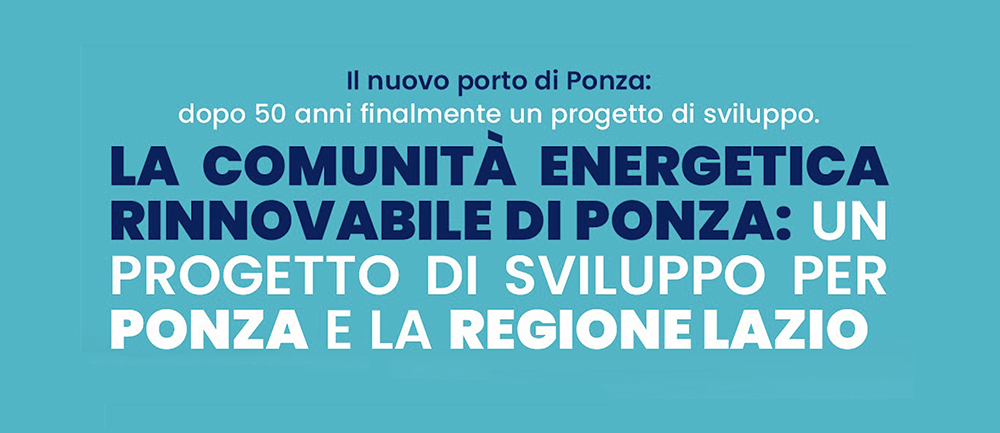.
Quando si dice immortale. Esente dalla morte. Per una canzone significa che non troverà oblìo. Sarà nel ricordo perennemente. Perché? Perché la sua conformazione è tale che supera l’inesorabilità del tempo storico, le mode, le bizzarrìe del piacere.
Una canzone immortale non è soltanto piacevole. La canzone classica napoletana oltre alla qualità della piacevolezza presenta una struttura melodica complessa e semplice insieme, una forma armonica studiata e orecchiabile.
Dicetencello vuie è stata estrapolata dal calore della napoletanità e rimaneggiata nella tela jazzistica. Nera come Nina Simone (1933-2003). Originale come lei e, qui, unica.
Si ascolti cosa ne ha tratto. Una interpretazione preziosa come la sua vocalità, popolare come il contesto jazz. Ci vuole arte per trarre da un capolavoro un altro capolavoro, parallelo. Simile e distinto.
Manca ’u core napoletano ma c’è la ricchezza aurea del jazz. Manca la partecipazione dialettale ma c’è l’intreccio sofisticato dell’arrangiamento.
Le atmosfere sono scombinate ma il piacere musicale è intoccato. Il piacere musicale, quello che si desidera provare.
Da YouTube: Nina Simone in Just Say I Love Him
.

.
Just say that I need him
Just say that I need him
As roses need the rain
Tell him that without him
My dreams are all in vain
Just say I love him
Loved him from the start
And tell him that I’m yearning
To say what’s in my heart
Just say that I need him
As roses need the rain
Tell him that without him
My dreams are all in vain
If you should chance to meet him
Anytime, anyplace, anywhere
Say I was a fool to leave him
Tell him how much a fool can care
And if he tells you he’s lonely now and then
Just won’t you tell him that I love him?
And want him back again
If you should see him anytime anyplace anywhere
Tell him I was a fool to leave him
Tell him how much a fool can care
And if he tells you he’s lonely now and then
Won’t you just say I love him?
And want him back again
Won’t you just say I love him?
And want him back again








